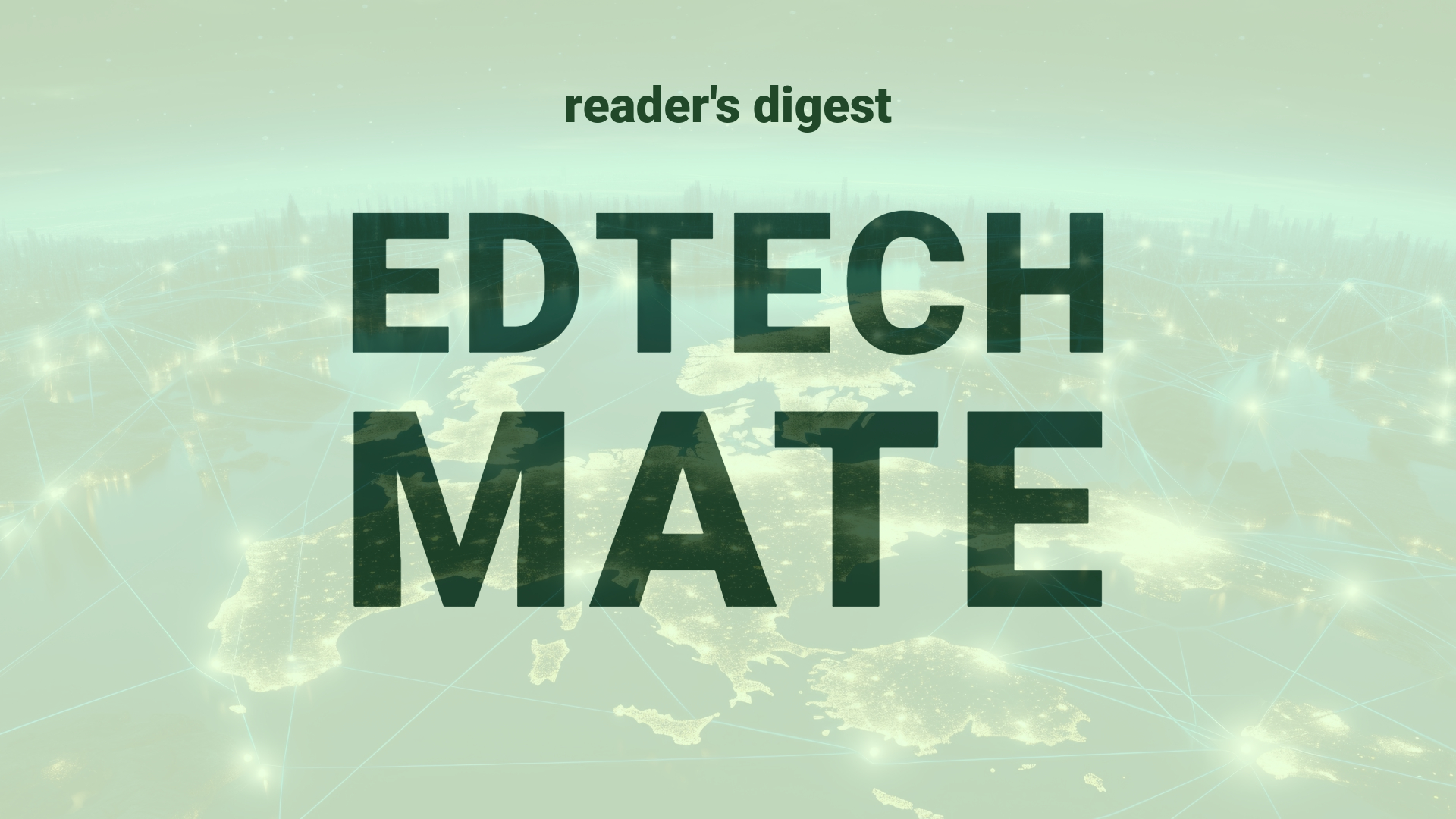Executive Summary and Main Points
In the rapidly evolving landscape of international higher education and digital transformation, key innovations in the Microsoft Cloud, Azure Health Data Services (AHDS), and strategic system integrator partnerships are emerging as critical components. The introduction of cloud-based systems harnessing healthcare data in comprehensive, secure, and scalable environments sets the stage for a significant shift toward data interoperability. Leveraging expertise from Tata Consultancy Services (TCS) alongside Microsoft’s cloud solutions augments data management, sharing, and security, aiming to create a more integrated and patient-centric healthcare model.
Potential Impact in the Education Sector
The developments in healthcare IT and data interoperability have significant implications for further education, higher education, and micro-credentials. Strides made in healthcare can inform educational institutions as they seek to enhance data exchange and collaboration across platforms. Strategic partnerships akin to that of TCS and Microsoft can be mirrored in educational settings to accelerate digital transformation, drive innovation, and improve the student care and academic experience. Notably, the seamless integration of disparate educational data sources could enable a holistic view of a student’s learning pathway, thereby enhancing personalization and support.
Potential Applicability in the Education Sector
AI and digital tools that have been successful in healthcare IT can be tailored to the needs of global education systems. For instance, adopting an Azure-like model with FHIR standards could facilitate academic data sharing across institutions and international borders. The development of educational data lakes, akin to Microsoft Fabric’s approach in healthcare, could support advanced analytics, predictive modeling, and personalized learning experiences. These technologies could also be utilized to manage micro-credentialing platforms, ensuring seamless and secure verification of student achievements and qualifications.
Criticism and Potential Shortfalls
While the integration of cloud services and AI offers promising advancements, criticism revolves around ethical considerations, privacy issues, and cultural adaptability. Real-world cases from international education systems may reveal challenges in uniform data standards implementation and potential resistance to centralized data governance. Questions persist around the inclusivity and fairness of AI and digital tools, which could be addressed by analyzing international case studies. These technologies must be applied with consideration for diverse educational paradigms and respect for local practices and regulations.
Actionable Recommendations
International education leadership should consider the following pragmatic steps: adopt a cloud-based framework tailored to education, foster strategic partnerships with technology experts that reflect the TCS-Microsoft synergy, and design interoperability standards to facilitate cross-institutional academic collaboration. Furthermore, institutions can pilot AI-driven analytics projects to enhance student learning outcomes and develop a strategy to tackle ethical, privacy, and cultural challenges. In essence, harnessing these technologies and approaches can contribute to a more interconnected and dynamic global higher education environment.
Source article: https://www.cio.com/article/2497090/how-to-advance-healthcare-data-interoperability-with-microsoft-cloud.html

